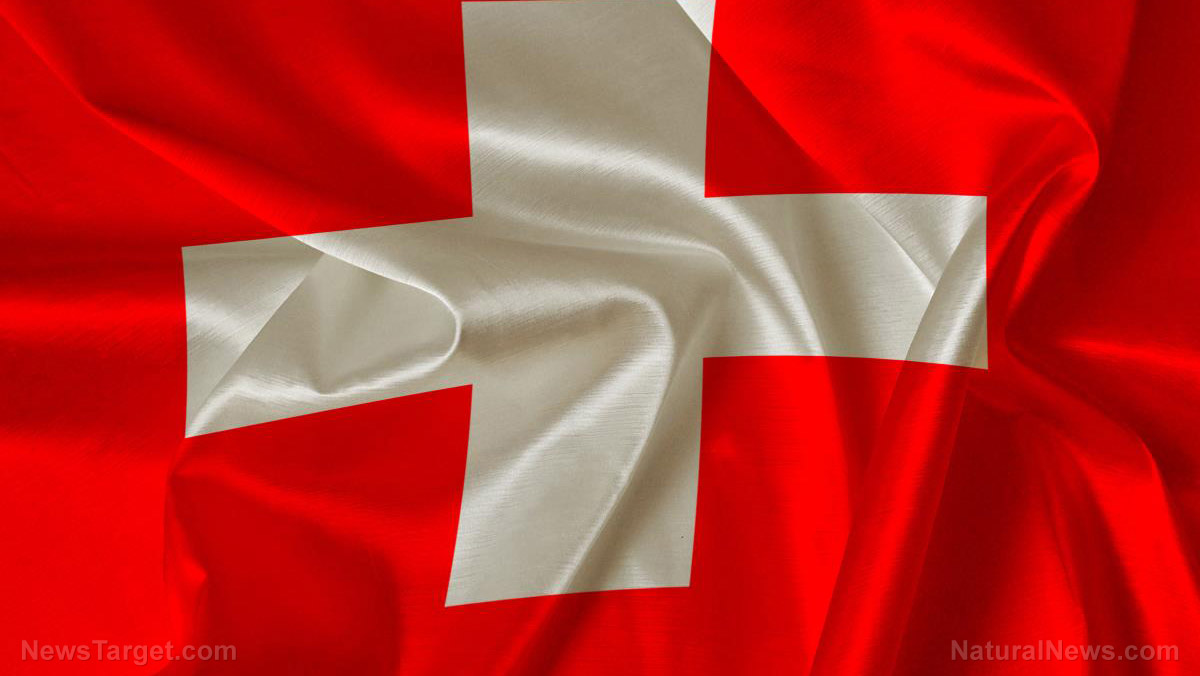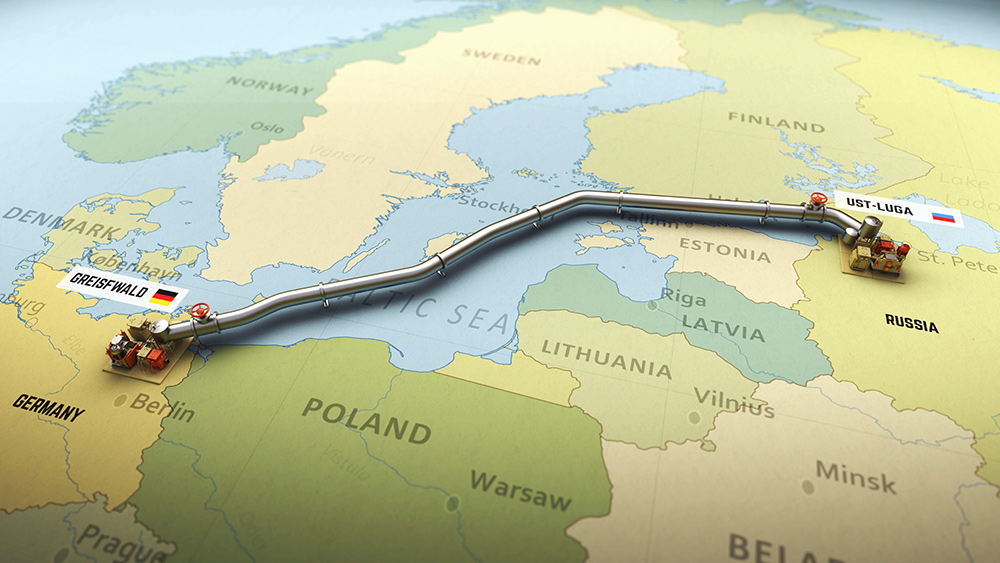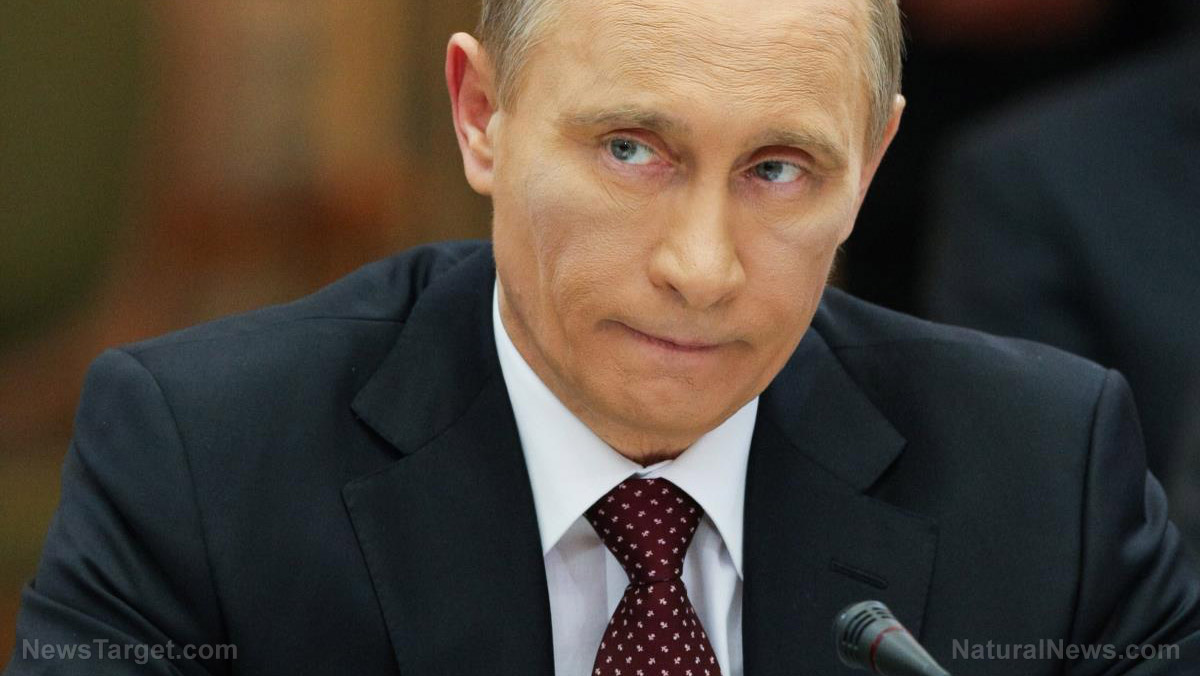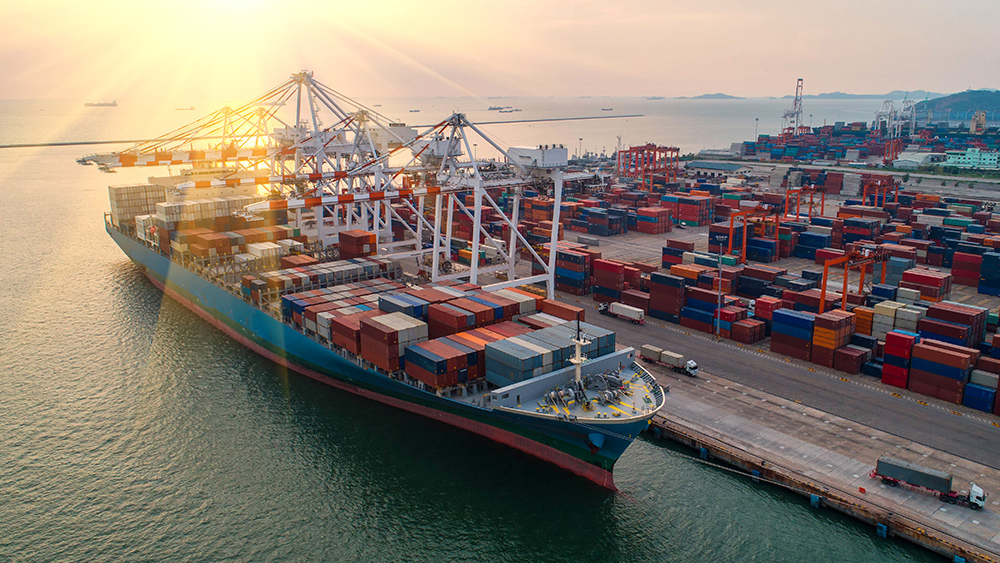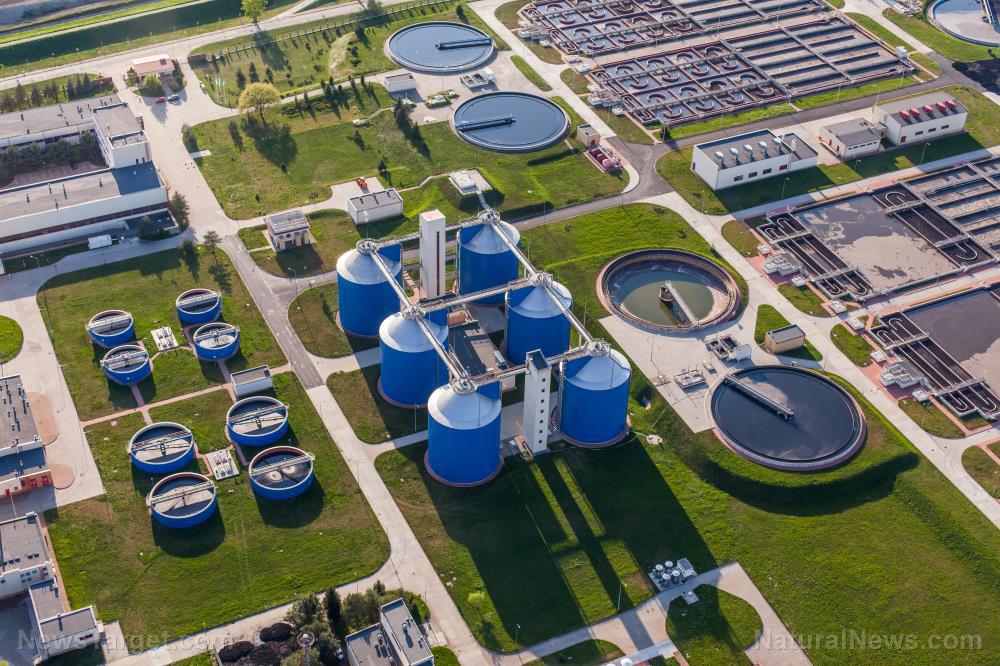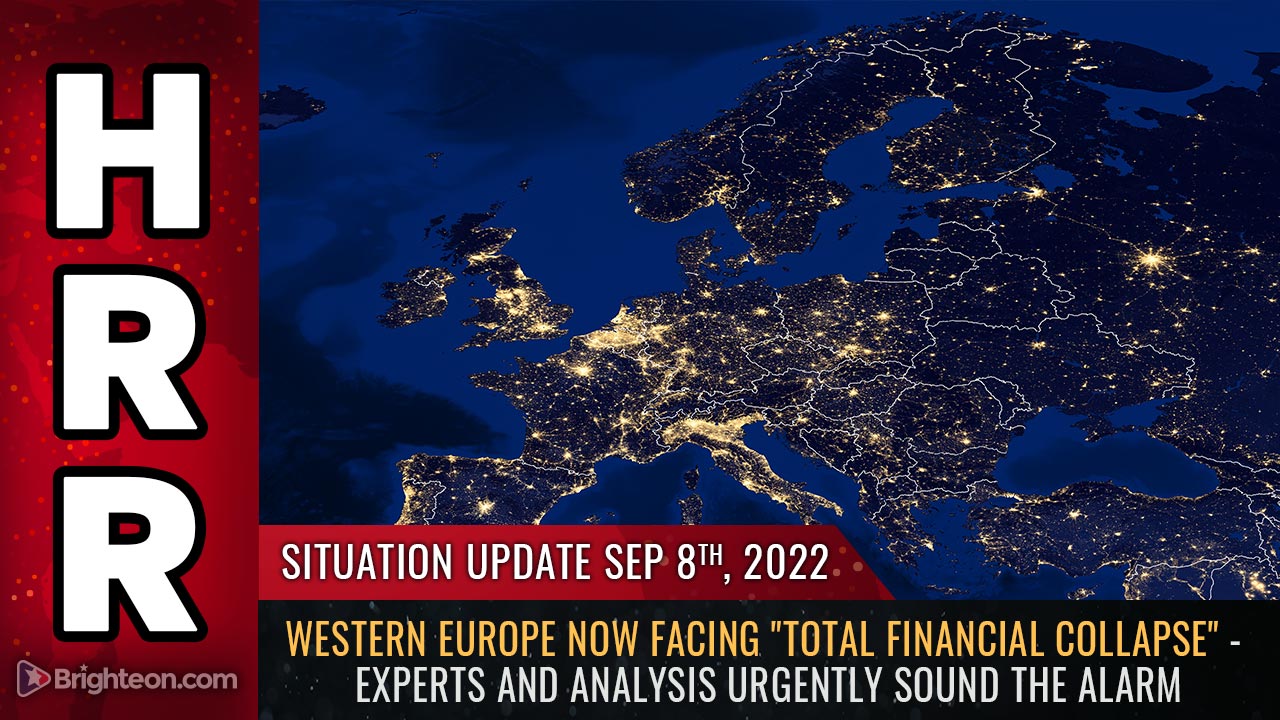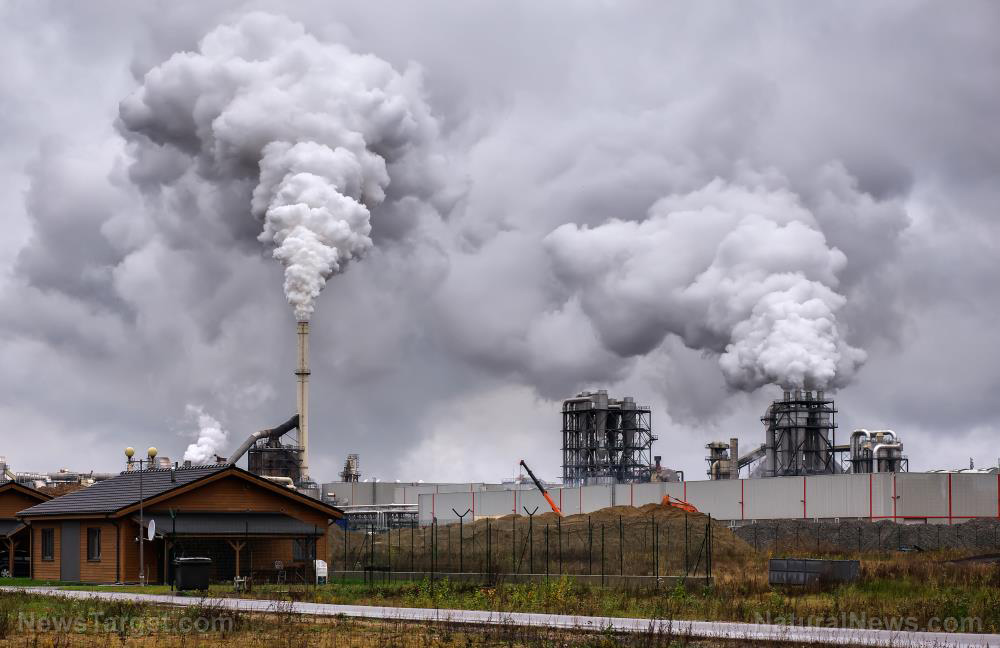Hungarian PM Viktor Orban says anti-Russia sanctions will kill EU economy
07/18/2022 / By Kevin Hughes

Hungarian Prime Minister Viktor Orban said in a radio interview Friday, July 15, that the European Union (EU) sanctions against Russia were “miscalculated” and could destroy Europe’s economy.
“The moment of truth must come in Brussels, when leaders admit they have made a miscalculation, that the sanctions policy was based on wrong assumptions and it must be changed,” said Orban, a vocal critic of the EU’s policy on Russia.
Orban stated that while Ukraine needs support, the EU leaders should change their plan of action concerning Russia.
He added that the sanctions have been futile in destabilizing Russian economy and it wasn’t able to force Moscow to cease its military operations in Ukraine.
Orban went on to say that the EU has instead caused extensive damage to its own economic strength.
“The sanctions do not help Ukraine and they are bad for the European economy. And if it goes on like this, they will kill off the European economy. What we see right now is unbearable,” added the Hungarian leader. (Related: EU committing economic suicide by imposing sanctions on Russia.)
Orban warned of an impending recession in the EU as a consequence of its anti-Russia policy back in May, when he said that the present energy crisis, including the interest rate hikes in the United States “have jointly brought about the era of high inflation,” which “will bring about the era of recession.”
Orban: European economy shot itself in the lungs
“Initially, I thought we had only shot ourselves in the foot [with anti-Russia sanctions], but now it is clear that the European economy has shot itself in the lungs, and it is gasping for air,” Orban said.
Since Russia’s invasion of Ukraine in February and successive sanctions, gas supplies to Europe have stiffened and fuel costs have skyrocketed, leaving nations jostling to replenish storage and spread out supply channels.
The rise in gas and electricity prices forced Orban to curtail a years-long cap on utility prices for higher-usage households on July 13, rolling back one of the 59-year-old prime minister’s signature economic policies.
Orban said without the July 13 curbs, which will trigger a jump in energy costs for households consuming energy above the national average, the entire utility price cap regime would have to be scrapped.
Economists at Morgan Stanley said the curbs could add 1.5 percentage points to inflation, already at its highest in two decades, further exacerbated by a weak forint. Before the April ballot, economists estimated the cost of the utility price caps at up to 1.5 trillion forints ($3.71 billion), which along with a raft of measures that helped Orban’s election bid have caused a surge in the budget deficit.
On July 16, thousands of demonstrators assembled along the Danube River as it flows through Budapest to protest one more day against the cuts declared by Orban.
Hungary relies on Russia for much of its oil and gas consumption, making it one of the European nations most vulnerable to a possible cut in Russian hydrocarbons. As for its currency, the forint has lost almost 10 percent of its value against the euro since the beginning of the Russian invasion of Ukraine on February 24.
Follow EnergySupply.news for more news about the European Union’s sanctions against Russia.
Watch the video below that talks about Hungarian Prime Minister Viktor Orban being added to Ukraine’s “enemies list.”
This video is from the High Hopes channel on Brighteon.com.
More related stories:
Hungary says no to EU’s Russian oil embargo sanction.
Orbán warns West is subjecting itself to “suicide waves” of decline.
Another win for Moscow: Russia to resume transport of goods to Kaliningrad after EU steps in.
EU declares fossil fuels and nuclear to be “green” energy sources.
Sources include:
Submit a correction >>
Tagged Under:
big government, bubble, Budapest, chaos, collapse, energy supply, EU, forint, fuel supply, gas, Hungary, inflation, national security, oil, power grid, Russia, scarcity, Viktor Orban, World War III
This article may contain statements that reflect the opinion of the author
RECENT NEWS & ARTICLES
COPYRIGHT © 2022 Scarcity.news
All content posted on this site is protected under Free Speech. Scarcity.news is not responsible for content written by contributing authors. The information on this site is provided for educational and entertainment purposes only. It is not intended as a substitute for professional advice of any kind. Scarcity.news assumes no responsibility for the use or misuse of this material. All trademarks, registered trademarks and service marks mentioned on this site are the property of their respective owners.


